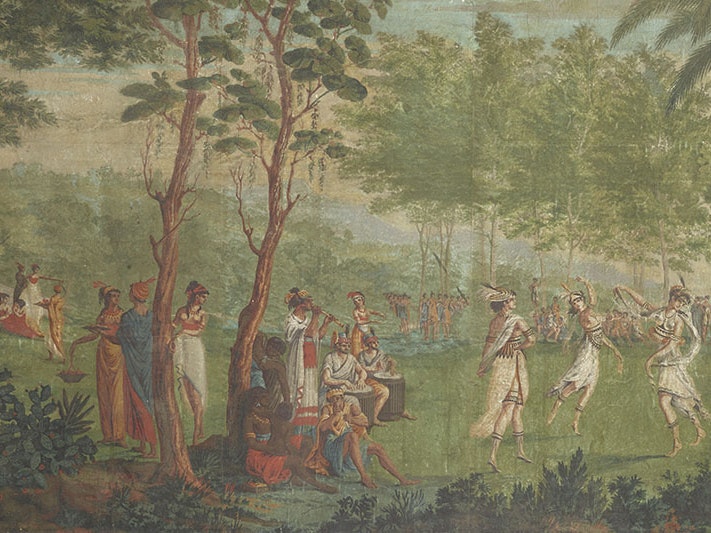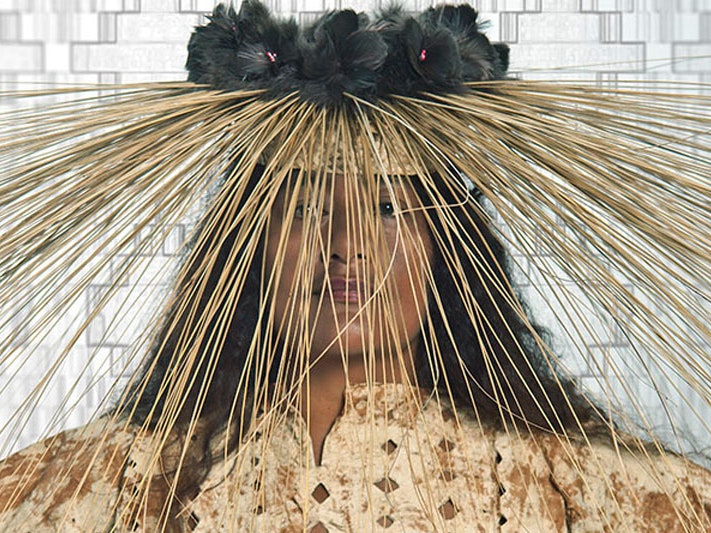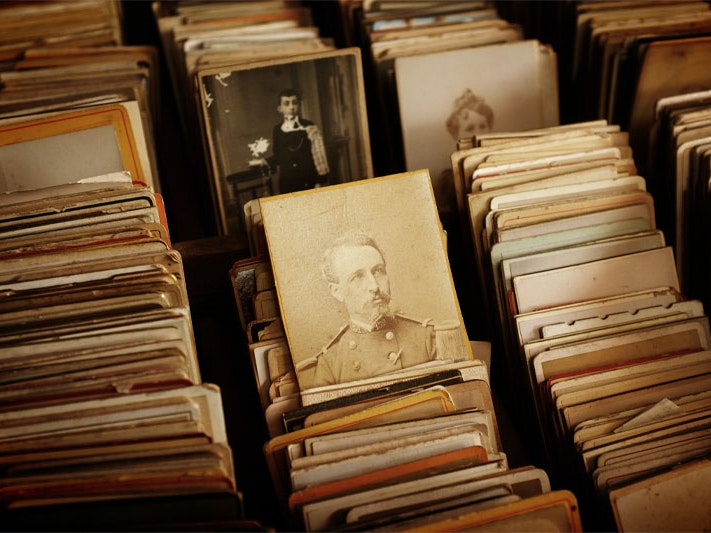
Rich task 1: Redressing the past
Explore colonial representations of Pacific peoples within art and the ways in which this has inspired contemporary artists to retell history.
Free museum entry for New Zealanders and people living in New Zealand
Open every day 10am-6pm
(except Christmas Day)
Free museum entry for New Zealanders and people living in New Zealand
Start with robust inquiry questions. Map what your learners already know and what fires them up. Get ready to explore!
Inquiry questions provide useful prompts for developing an inquiry that is specific to your school’s context and responds to what your learners bring. There is more information about the inquiry process described here in the About section.
The inquiry questions below can help direct teaching and learning – choose one or more of these, or develop your own in collaboration with learners.
What stories do local iwi and hapū tell about this rohe?
What are the impacts of colonisation on this place and our community?
In what ways can art help us to bring about change in the way we view our local history and stories?
How does art help us to communicate who we are and what is important to us?
In what ways can we improve our relationships to each other and this place?
What are the many cultural stories of our people, and how do we ensure these stories are told and valued?
A successful inquiry will begin by engaging your learners’ with the inquiry question – a ‘hook.’ The activity that will work best will depend on which inquiry question you use. Consider the following as you design your opening hook:
What are the ways in which you can bring this question to life for your learners? Go broad. What are the songs or lyrics, artworks or poems, spoken words or films, memes, gifs, or videos that speak to this question? Try to harvest points of reference that are generationally relevant to your learners (think Lizzo rather than Dylan).
Who might your learners need to listen to or speak with to understand the ways in which this inquiry is relevant to their lives? Who are the creative youth leaders, artists, and activists you can connect with over Zoom, or in person?
How can you honour and celebrate what your learners already know and bring as they expand their knowledge within this inquiry?
What are the urgent social and environmental issues of the neighbourhood or community? Try to view this question from your learners’ point of view. Can this help to guide the development or flex of your inquiry question?
What are the ways in which the inquiry’s learning will be made visible and celebrated? How can learners’ whānau and the wider community contribute to the learning process itself?

Explore colonial representations of Pacific peoples within art and the ways in which this has inspired contemporary artists to retell history.

Discover the ways in which costume and adornment can be used to communicate who we are.

Examine local histories in your own context, considering the ways in which dominant narratives can be addressed.